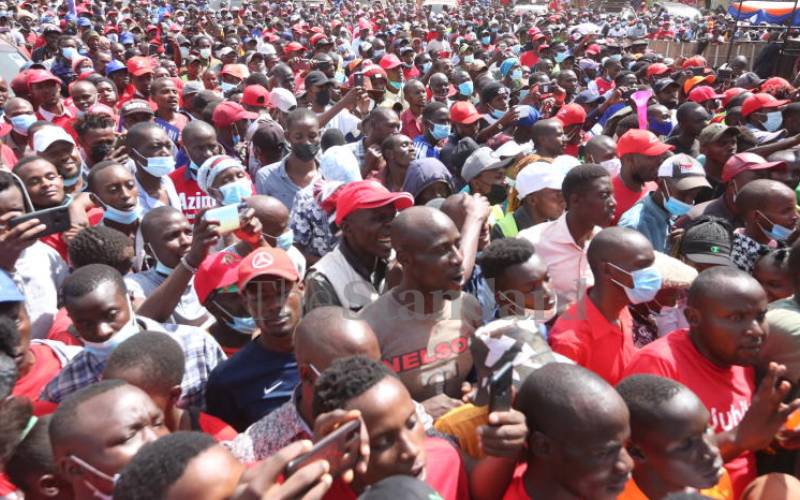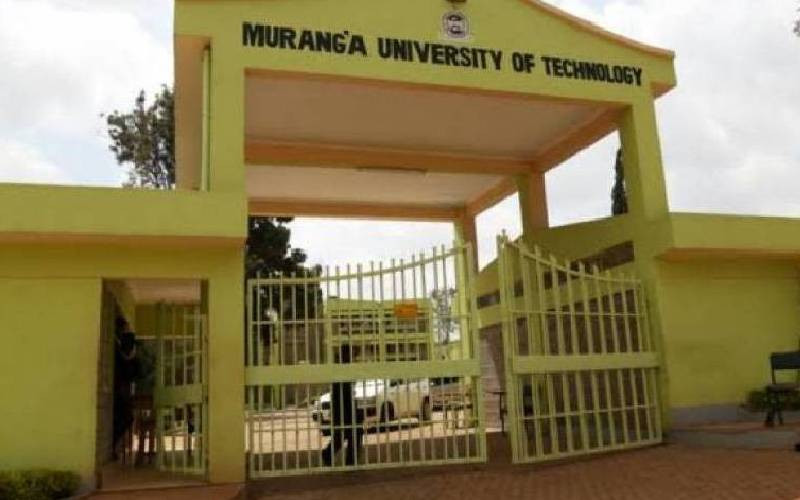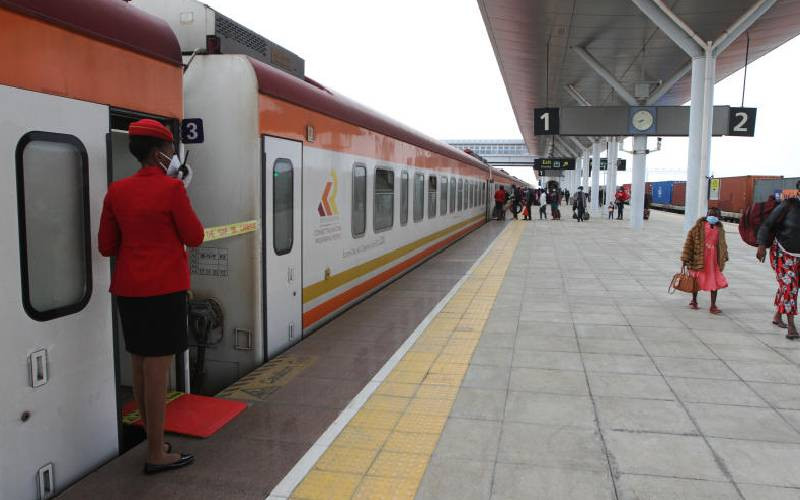×
The Standard e-Paper
Stay Informed, Even Offline

Election 2022 is interesting in its fresh, revolutionary promises. [Kibata Kihu, Standard]
The central premise of this column has been that having been led by three securocrats and one econocrat, Kenya now needs and deserves a “governator”, or more simply put, a governance and rule of law leader.







